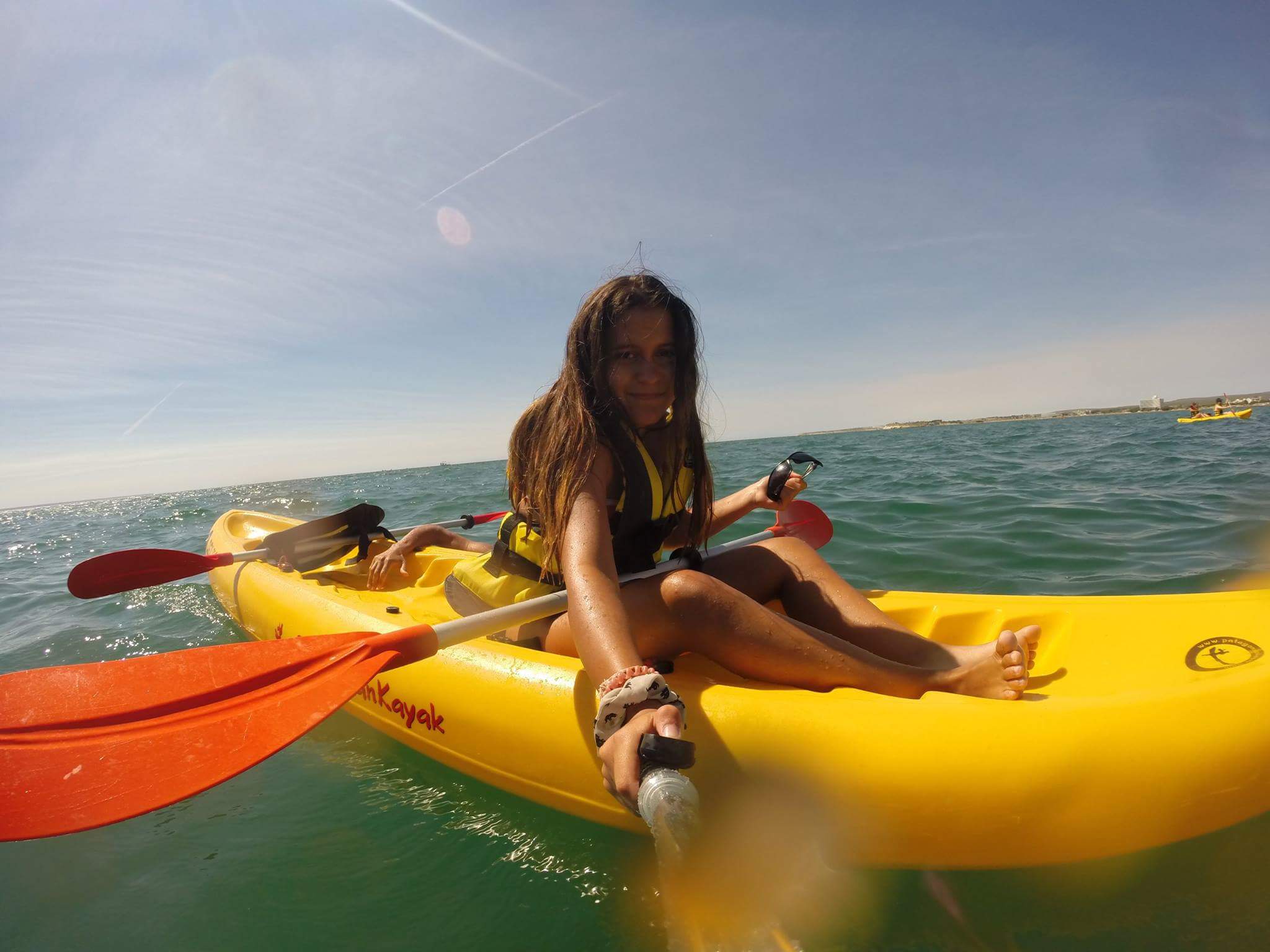WATER SPORTS
First: prevention. You can achieve this by taking the corresponding steps beforehand, being acquainted of the activity you will do. Think properly before entering the water; apply the safety guidelines for scuba diving or to conduct teams; know how to protect from the sun, the cold; and what life vest to wear and how to do so.
Second: be acquainted with the risks in different water environments where the activity will be performed: the beach, a home pool, a camping, the river, the lake, an aquatic park, etc.
Third: know how to rescue oneself, other people and how to provide first aids if an emergency occurs.
General Safety Rules for Water Environments
- Learn how to swim and how to deliver first aids; follow safety rules when sailing; be sure that other people in your team are also well informed.
- Contact the maritime agency in your area and get information on training courses and requirements for sailing, materials, etc.
- Know how to react in case a water emergency occurs.
- Choose a safe place to practice aquatic activities.
- Wear the proper life vest when boating, kayaking, etc.
- Be aware of potential risks and danger in the water environment.
- Check the local weather forecast before practicing any activity in a water environment.
- Learn how to identify and prevent hypothermia as well as how to provide the proper care in case it occurs.
- Learn how to identify and prevent emergencies related to excessive heat as well as how to provide the right care.
The following safety tips are essential for every water environment
- Never swim alone. Never swim offshore.
- Always swim in supervised areas.
- Never drink alcoholic beverages before swimming.
- If you do not know the depth of the area, first enter walking. Avoid diving into the water.
- Swim in a pool only if you can see the bottom in the deepest area.
- Be aware of your limitations when swimming and respect them.
- Do not keep the pace of a more skillful swimmer. Never compel a weaker swimmer to follow your pace.
- Watch weaker swimmers.
- It is not safe to stay in water if you are stressed, extremely cold, far from a safety zone, under intense heat conditions, or exhausted as a result of practicing a very demanding physical activity.
- Do not eat or chew while swimming or when you are in the water: you can easily get drown as a result of airway blockage.
- Have common sense regarding swimming after a meal. Generally, you do not need to wait for an hour after a meal before entering the water. However, if you have had a heavy meal allow the proper digestion time before swimming.

